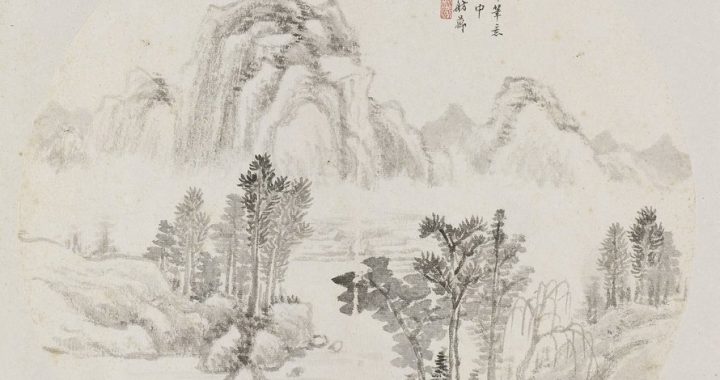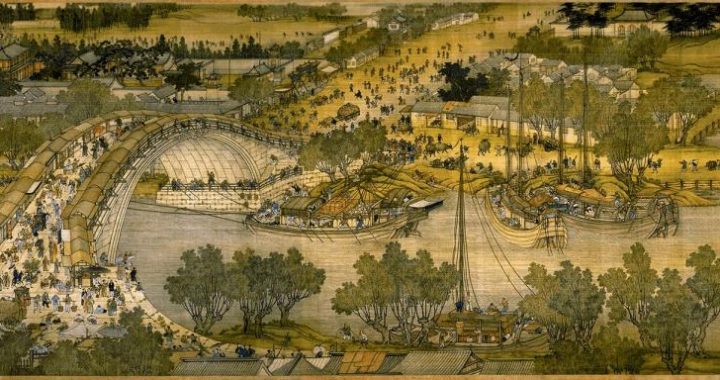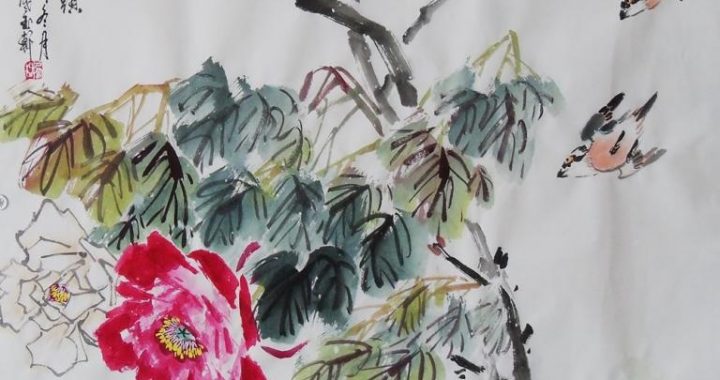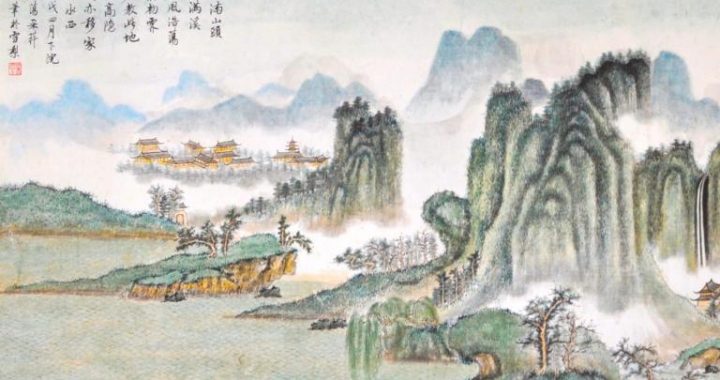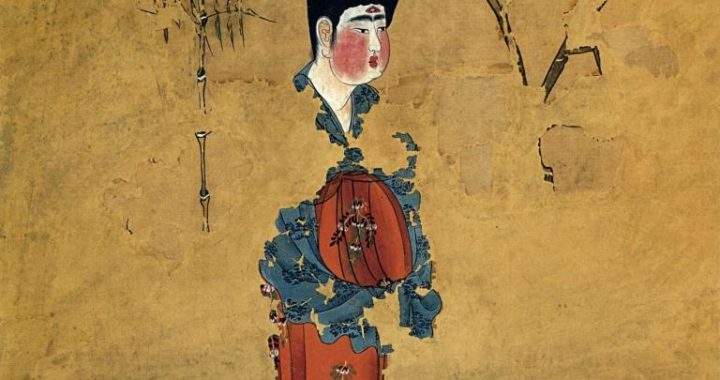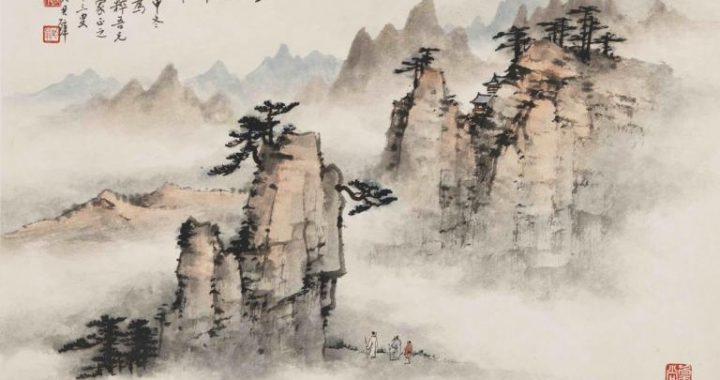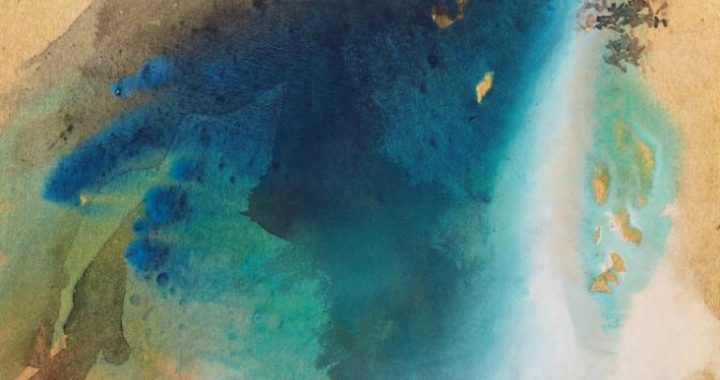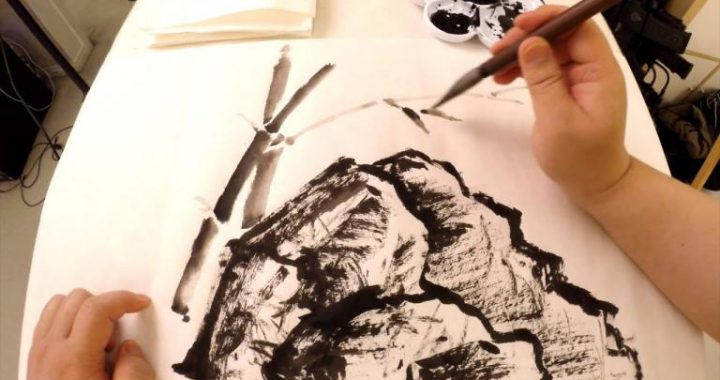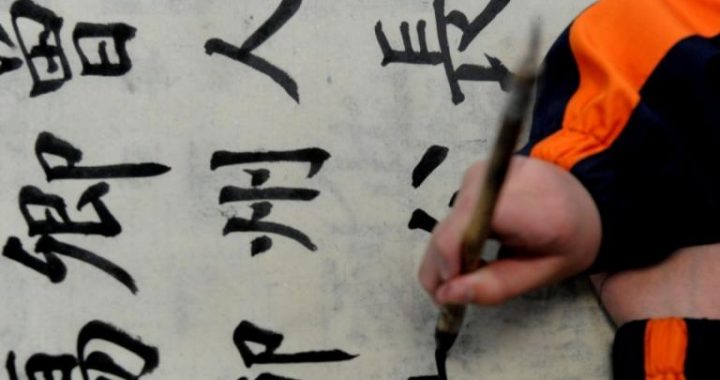Drama
3 min readThe Chinese dramatic tradition includes both traditional opera and modern theater. Traditional Chinese opera arose during the Han (202 BC-220 AD) and Tang(618-907 AD)dynasties, and developed into relatively comprehensive forms during the Song-Jin period (960-1234 AD). During the Yuan Dynasty(1271-1368 AD), opera and theater flourished as never before, ushering in the golden age of classical Chinese drama. During this period,a new form of poetic narrative set to music, known as zaju(musical drama), became extremely popular and was often performed on special stages in town and city marketplaces. This environment produced numerous outstanding dramatists. Among them, the great playwright Guan Hanqing(c.1225-1300 AD) produced works on a par with those of William Shakespeare. His representative work, Dou E Yuan(Dou E Wronged, or Snow in Midsummer), tells the story of an impoverished widow, Dou E, who is falsely accused and wrongly executed. Justice is finally served. When Dou E is executed Heaven causes a blizzard to sweep the execution ground, even though it is the height of summer. Using Heaven’s righteous anger as a metaphor to criticize social injustice, Guan Hanqing created a moving and artistic masterpiece of classical Chinese drama.

Playwright Wang Shifu(1260-1336 AD) was a contemporary of Guan Hanqing. His work Xixiang Ji(Romance of the Western Chamber) is a complex and moving love story. It tells the storyof Scholar Zhang and Cui Yingying, daughter of a high official, who meet and fall in love while visiting Pujiu Temple. Cui Yingying’s mother first gives permission for them to marry, but later goes back on her word. Distraught at their separation, Scholar Zhang falls ill and takes to his bed in the temple’s western chamber. With the help of Cui Yingying’s maid, Hongniang, the two secretly meet. After many setbacks, they finally unite in marriage and live happily ever after. This play, with its beautiful and elegant language, remained popular for several hundred years.
By attacking the feudal code of ethics with the progressive idea that “all lovers under Heavenshould be able to marry,”this play gained the deep love of the Chinese people, as well as great fame.
Continuing developments in drama during the Ming-Qing period(1368-1911 AD) produced many plays that have been passed down to the present day. Many of these plays were adapted from novels, and are based on love stories, legal cases, political incidents, and military figures.
During the 20th century, Chinese playwrights started to draw from the literary techniques and theories of the West, creating a new form of modern Chinese theater. Leiyu(The Thunderstorm), by Cao Yu(1910-1996 AD), adheres closely to the classical French dramatic theory of the”Three Unities”(place, time, and action) that was introduced to China by Konstantin Stanislavsky. Teahouse, by Lao She(1899-1966 AD) and Qu Yuan, by Guo Moruo(1892-1978AD) can also be included on the list of modern Chinese dramatic masterpieces.

Photograph from performance of Teahouse, by Lao She(1899-1966 AD)
